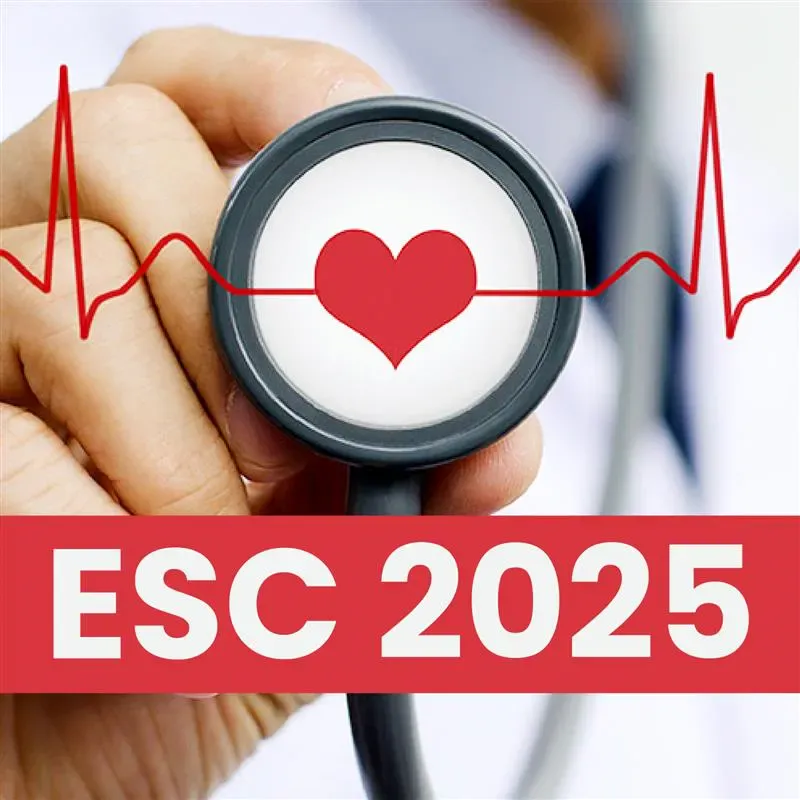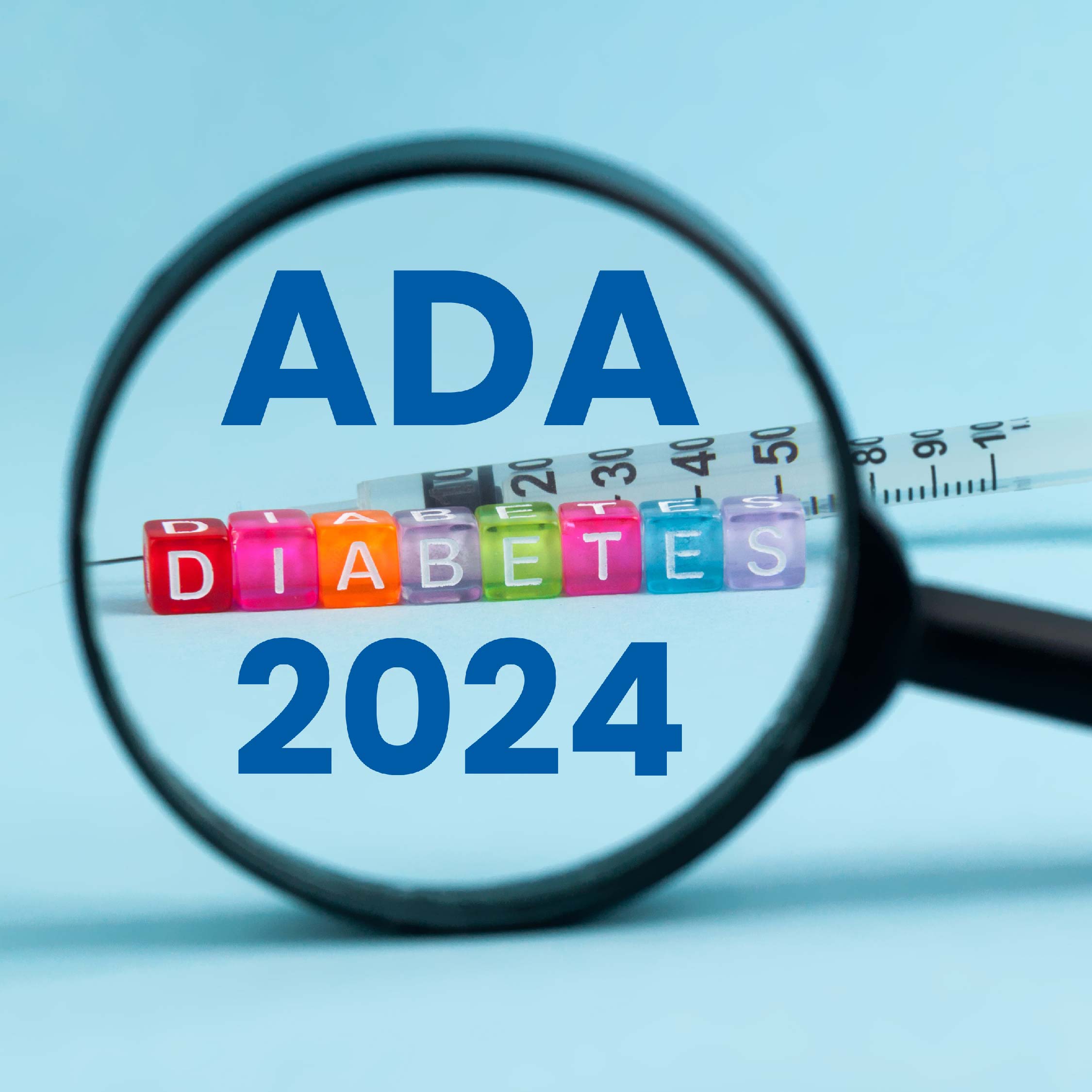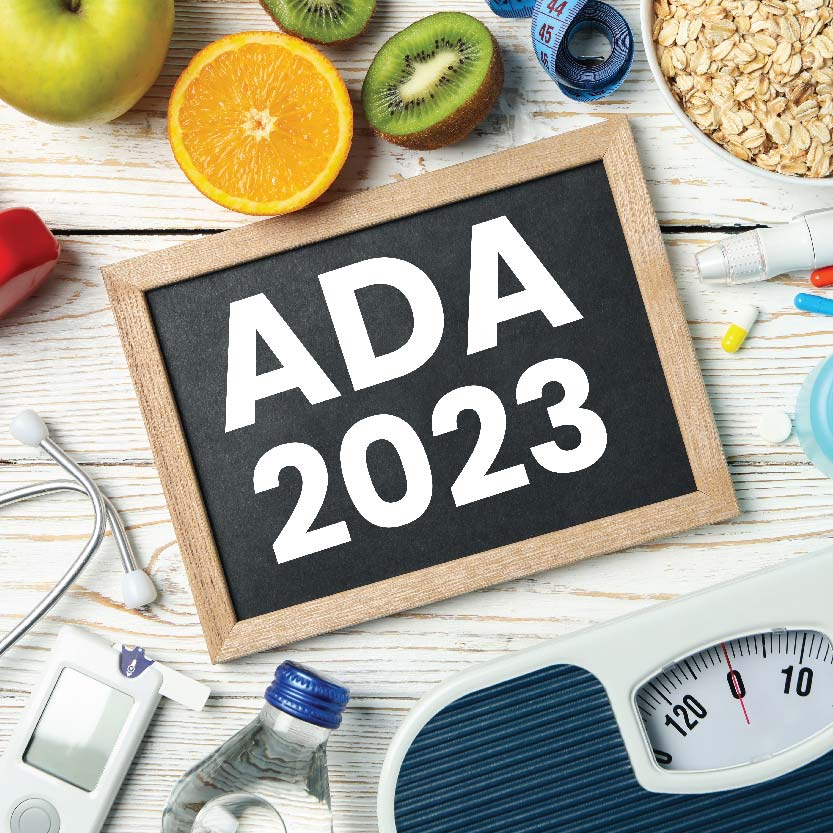ESC 2025: What's New for GLP-1 Agonist and SGLT2 Inhibitor Cardiovascular Pharmacotherapy?
Semaglutide Effects on Incidence and Reoccurrence of Atrial Fibrillation in the SELECT Trial
Presenter: Jorge Plutzky
An analysis of the SELECT trial investigated atrial fibrillation (AF) and clinical outcomes among those with/without a medical history of AF.
Patients with a history of AF had higher incidence of major adverse cardiovascular events (MACE), heart failure (HF) outcomes and AF events vs. those without a history of AF. Semaglutide lowered the risk of first AF events vs placebo (hazard ratio 0.83; p=0.040), independent of AF history. Semaglutide reduced the risk of MACE, and HF outcomes versus placebo, irrespective of history of AF status.
Effects of Oral Semaglutide on Heart Failure Outcomes in People with Type 2 Diabetes and Atherosclerotic Cardiovascular Disease and/or Chronic Kidney Disease Participating in SOUL Trial
Presenter: Rodica Pop-Busui
The efficacy of semaglutide on heart failure (HF) outcomes (time to first occurrence of HF requiring hospitalisation, urgent HF visit, or cardiovascular death) was evaluated in type 2 diabetes (T2D) patients with atherosclerotic cardiovascular disease (ASCVD) and/or chronic kidney disease (CKD) from the SOUL trial.
Among 9650 participants, those with baseline HF (23.1%) experienced a significant 22% reduction in HF outcomes with oral semaglutide vs. those without HF (HR 0.78, p=0.017). Semaglutide tended to reduce the HF outcome risk in those with preserved ejection fraction (41%) and NYHA Class I (47%) vs. placebo. Oral semaglutide effectively reduced HF outcomes in T2D, ASCVD and/or CKD patients with existing HF.
Vagal Activity Related Events and GLP-1 Receptor Agonists
Presenter: Anders Holt
A Danish nationwide cohort study evaluated vagal activity related (VAR) events (syncope, hip fracture, bradyarrhythmia, or cardiac device implantation) in 123,214 type 2 diabetes mellitus (T2DM) patients initiated on glucagon-like peptide-1 receptor agonists (GLP-1 RA) or sodium-glucose cotransporter-2 inhibitors (SGLT-2i).
GLP-1 RA showed comparable 1-year absolute risk of VAR events vs. SGLT-2i (0.58% vs. 0.56%) in T2DM patients; The standardized 1-year risks of hip fracture, bradyarrhythmia, and cardiac device implantation were very low (<0.5%) with GLP-1 RA vs. SGLT-2i (risk ratios: 0.88, 0.97, and 0.86, resp.). Despite GLP-1 RA’s vagal effects, its safety profile regarding VAR events remained reassuring, even in subgroups of suspected higher inherent risk.
Sodium-Glucose Co-Transporter 2 Inhibitors and Cardiovascular Outcomes: A Trial-Similar Population vs. a Broad Population
Presenter: Puriya Daniel Wuertz Yazdanfard
A Danish registry-based study emulating the EMPA-REG trial, evaluated survival benefits of sodium glucose co-transporters 2 inhibitor (SGLT2i) versus the cardiovascular-neutral dipeptidyl peptidase-4 inhibitors (DPP4i) in two populations: type 2 diabetes (T2D) patients with established cardiovascular disease (n=14,090) and second, a real-world population (n=107,494).
SGLT2i reduced 3-year major adverse cardiovascular event (MACE: cardiovascular death, myocardial infarction, or stroke) risk by 2.8 percentage points vs. DPP4i (11.5% vs. 14.2%). In real-world cohort, SGLT2i reduced the absolute MACE risk by 1.3 percentage points vs. DPP4i (6.7% vs. 8.0%). Findings confirm SGLT2i’s cardiovascular benefit, especially in high-risk T2D, emphasizing individualized treatment based on baseline cardiovascular risk.
Cardiovascular Outcomes in Sustained Use of Glucagon Like Peptide Inhibitors: A Trial Inspired Population vs. a Broad Population
Presenter: Kathrine Kold Soerensen
A Danish registry-based study emulating cardiovascular outcome trials, evaluated sustained use of GLP1 receptor agonists (GLP1-RA) versus DPP4 inhibitors (DPP4i) in two populations: one adhering to trial-like inclusion criteria (25,830 high-risk type 2 diabetes patients) and other, a real-world diabetes population (n=27,615).
Sustained GLP1-RA reduced absolute risk of 3-year major adverse cardiovascular events (MACE: cardiovascular death, myocardial infarction, or stroke) by 1.8% vs. DPP4i. In the real-world population, GLP1-RA use was associated with negligible risk reduction (0.1%) vs. DPP4i. The cardiovascular benefits of GLP1-RA were distinct in patients meeting trial-like eligibility criteria. Hence, the study highlighted the importance of patient selection in translating trial evidence to real-world practice.
Effects of SGLT2 Inhibitors on Triglyceride-Derived Indices Among Coronary Heart Disease Patients with Varying Diabetes Control Status: A Prospective Cohort Study
Presenter: Na-Qiong Wu
A prospective study assessed the effect of sodium-glucose cotransporter 2 inhibitors (SGLT2i) on triglyceride-derived indices among 550 coronary heart disease (CHD) patients with diabetes.
SGLT2i significantly improved triglyceride-derived indices, the atherogenic index of plasma (AIP, P=0.018) and triglyceride (TG, P=0.039) levels. Among patients with poorly controlled diabetes (fasting blood glucose >7.0 mmol/L), SGLT2i use led to greater AIP reduction (P = 0.007). Higher SGLT2i prescription rates correlated with lower AIP quartiles (odds ratio, 1.887, P=0.012). These benefits were consistent in patients with hypertension and high BMI. SGLT2i offered lipid-modifying benefits in CHD patients with diabetes and regardless of background hypoglycemic and lipid-lowering drugs.
Ref: ESC Congress 2025, 29thAug- 1st Sept 2025, Madrid, Spain




